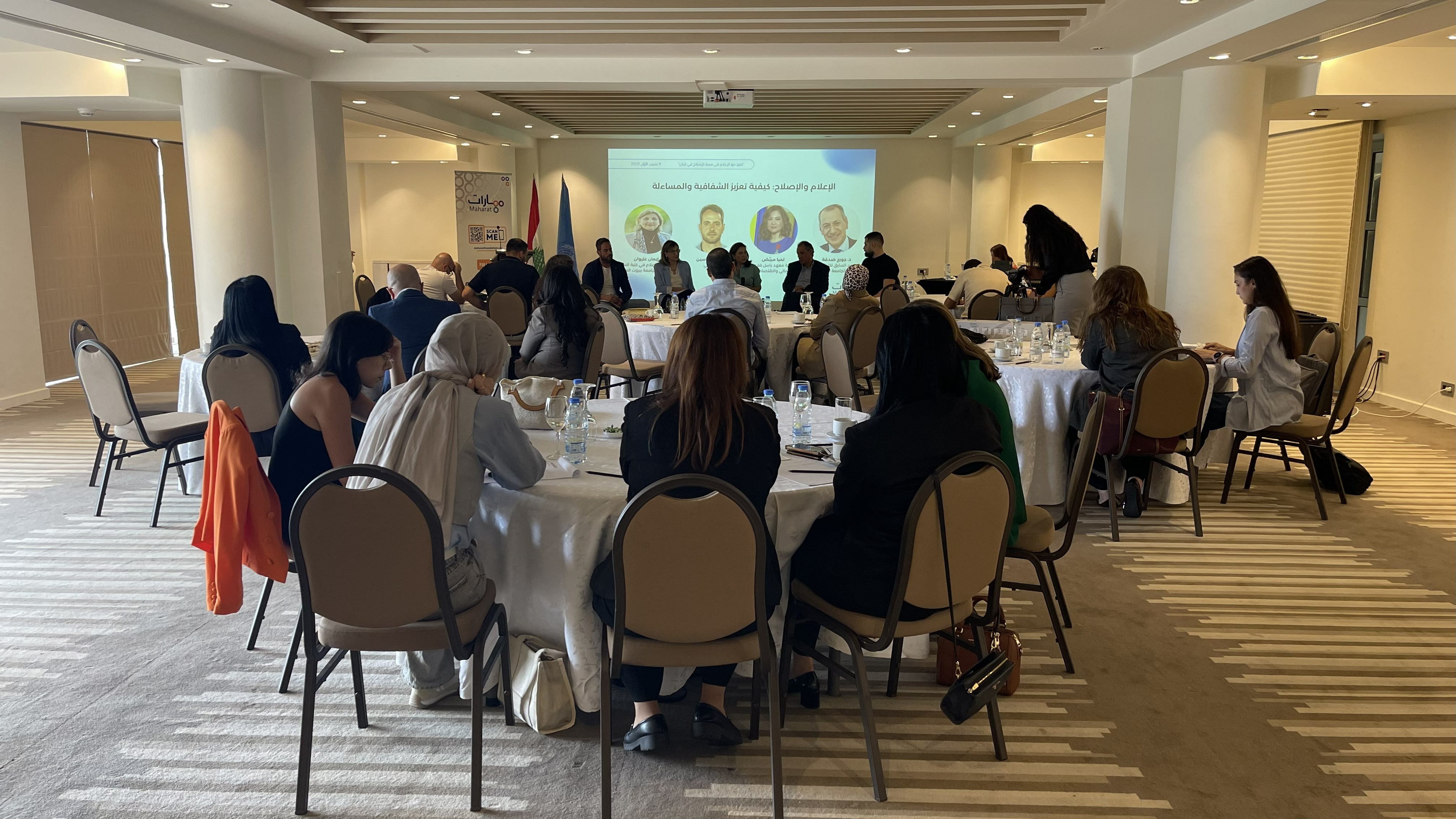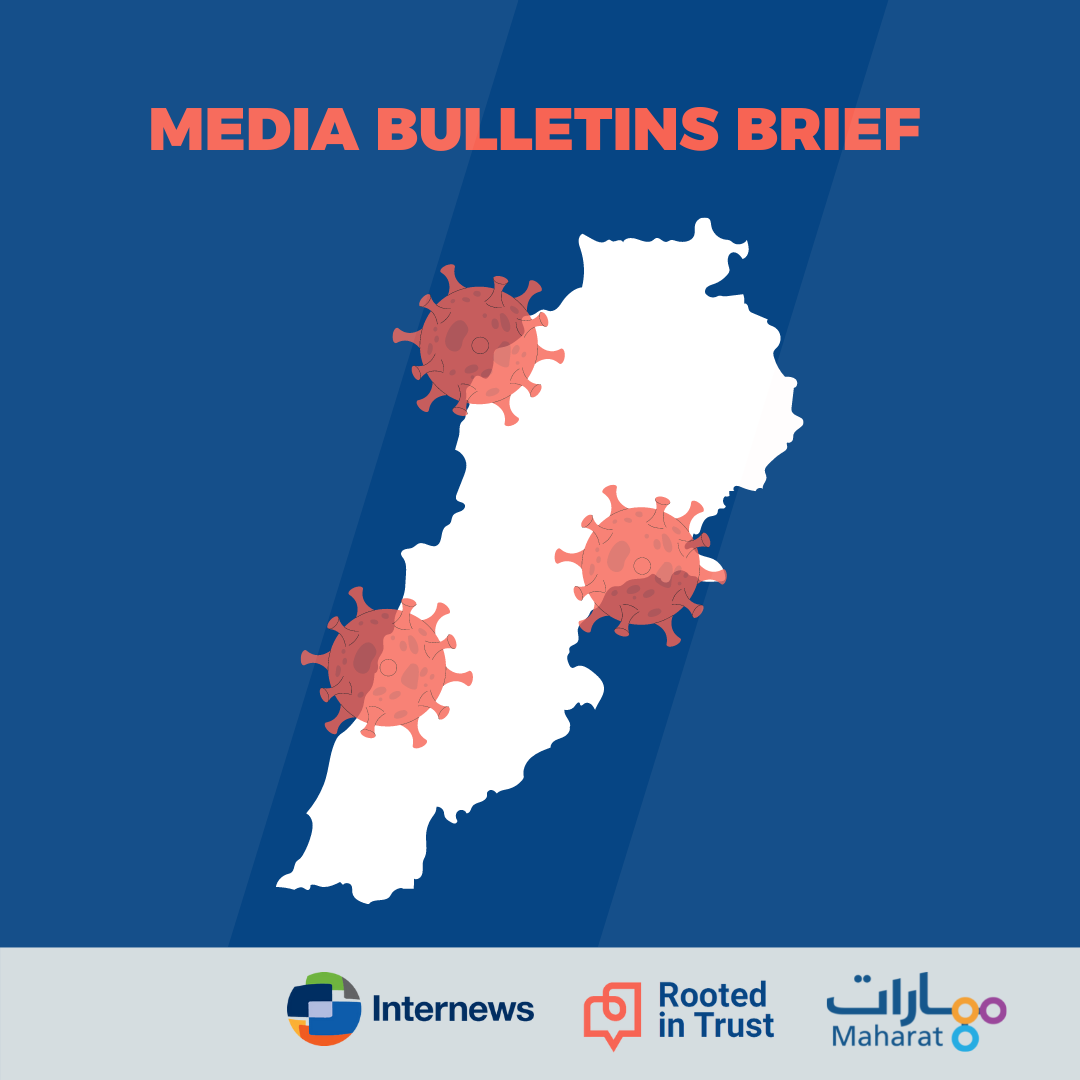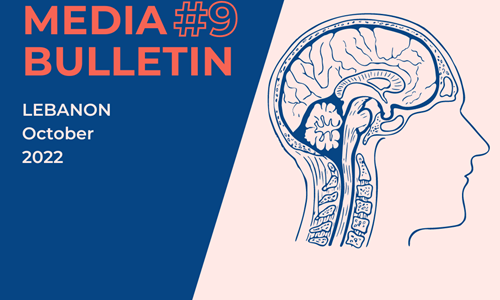
Empowering Journalists in Lebanon to Promote Information Integrity and Support Reform
Together with Maharat Foundation, a women-led NGO in Lebanon that promotes freedom of expression, the UN in Lebanon hosted a one-day workshop to co-create a digital campaign on information integrity as a cornerstone for reforms in Lebanon.
Building on the earlier #InformationIntegrity campaign under the slogan: “Information is a right, integrity is a responsibility”, the workshop aims to highlight the crucial role of journalists in promoting transparency, countering disinformation, and empowering citizens to hold institutions accountable.
The campaign, to be launched during Global Media and Information Literacy Week (24–31 October), will feature short videos produced by participating journalists that will educate people on countering rumors that distort the reform process, promote accountability and the use of available mechanisms to access information and request transparency, reinforce credibility in institutions and the reform process and encourage media literacy by empowering people to critically analyze sources and consume content responsibly.
The workshop, titled “Strengthening the Role of Media in Lebanon’s Reform Path,” gathered journalists, public sector representatives, academics, and media experts to explore how the media can act as a driver of accountability and reform.
Journalists Nawal Al-Achkar and Azza Hajj Hassan during their interventions at the workshop.
In the first session, Maharat Foundation presented an overview of the sectoral reform landscape, followed by testimonies from journalists on the challenges they face accessing and verifying information when covering reform-related topics.
Ms. Laura Rahhal from Maharat Foundation delivers a presentation on the sectoral reform landscape in Lebanon.
The second session centered on strengthening transparency and accountability through strategic media engagement. A dynamic multi-stakeholder panel brought together representatives from government institutions, academia, and independent media to explore the press’s role in monitoring reform implementation, identifying systemic gaps, and fostering constructive collaboration between state and media actors. Panelists included Dr. George Sadaka, former Dean of the Faculty of Information at the Lebanese University; Ms. Lamia Moubayed, President of the Basil Fuleihan Institute of Finance and Governance; Dr. Iman Alaiwan, Head of the Media Department at the Arab University of Beirut; and investigative journalist Edmond Sassine.
Speakers from the public sector, media, and academia taking part session II titled “Media and Reforms: How to Enhance Transparency and Accountability.” From right to left: Mr. Bilal Yassine, panel moderator from Maharat Foundation; Dr. George Sadaka, former Dean of the Faculty of Information at the Lebanese University; Ms. Lamia Moubayed, President of the Basil Fuleihan Institute of Finance and Governance; Dr. Iman Alaiwan, Head of the Media Department at the Arab University of Beirut; and journalist Edmond Sassine.
Participants then worked collectively to identify messages and storylines for the upcoming digital campaign, emphasizing the need for credible information as the foundation of meaningful reform and public trust.
UNIC Beirut Officer-in-Charge Cynthia Darrous said in her opening statement, “media that conveys accurate, reliable, and evidence-based information helps shape an informed public opinion and creates positive pressure that pushes the reform process forward.” “Information Integrity is not a minor detail — it's a safeguard for the right to knowledge. It fortifies society against rumors and misinformation and protects accountability from distortion,” she added.
Ms. Cynthia Darrous, Officer-in-Charge of the United Nations Information Centre in Beirut, delivers the UN opening remarks.
Mr. Hussein Sherif, Maharat's representative, said: “At Maharat, we believe that accurate information is the foundation of accountability. Independent, evidence-based journalism bridges citizens and institutions, transforming public discourse from complaint to participation, and from rumor to understanding. Our partnership with the United Nations builds on a shared commitment to strengthen information integrity, empower citizens through media literacy, and restore trust in the reform process.”
Mr. Hussein Al-Sharif delivers a speech on behalf of Ms. Roula Mikhael, Executive Director of Maharat Foundation.
The workshop was held at the Mövenpick Hotel in Beirut, with the participation of around twenty journalists from various local media outlets.
Group photo of the workshop co-organizers from Maharat Foundation and the United Nations in Lebanon.





